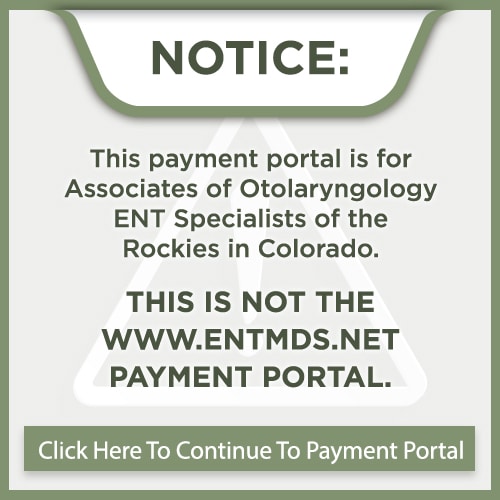What Are Nasal Polyps and How Are They Treated?

Nasal polyps are benign, but they can lead to many irritating symptoms that make daily life uncomfortable. We will be discussing what to look for if you think you have nasal polyps and how you can prevent or treat their growth.
What Are Nasal Polyps?
Nasal polyps are soft growths that develop on the lining of your nasal passages. They hang down like teardrops from the top of the inner nasal structures. Nasal polyps result from chronic inflammation, infection, allergies, or certain immune disorders. Although these growths are noncancerous and not typically painful, they can cause several irritating symptoms.
Risk Factors for Nasal Polyps
Nasal polyps can affect just about anyone, but there are a few underlying conditions that can increase your risk of developing polyps:
- Asthma
- Chronic inflammation or infections
- Allergies
- Immune disorders
- Hay fever
Can Nasal Polyps be Prevented?
It’s not always possible to prevent nasal polyps, but the following steps can decrease the risk:
- Take allergy medications as prescribed
- Keep allergens and irritants out of your home
- Use a humidifier
- Flush irritants out of your nose with a saline rinse
Symptoms of Nasal Polyps
Symptoms of nasal polyps are similar to other nasal conditions so a consultation is important to determine whether you have nasal polyps. If you have the following symptoms, it may be a sign of nasal polyps:
- Runny nose
- Stuffy nose
- Loss of taste and/or smell
- Headaches
- Sinus pain or pressure
- Snoring
- Drainage in the throat
How Are Nasal Polyps Treated?
If nasal polyps are left untreated, you could be at risk for chronic sinus infections, obstructive sleep apnea, or vision problems. There are many treatment options available to ease the uncomfortable symptoms of your nasal polyps:
Corticosteroids
Your doctor will likely start by prescribing a corticosteroid nasal spray or pills. Steroids will shrink or eliminate the nasal polyps and reduce swelling and irritation inside the nose to open up the airways. If you also have a sinus infection, antibiotics can be prescribed.
Nasal Polyp Removal
If symptoms last longer than a week, nasal polyp surgery may be required. This surgery is performed endoscopically so there are no incisions required outside of the nose. An endoscope is a small tube with a light and camera attached to the end. It will be inserted through the nostrils and into the nose to examine and carefully remove the polyps. The sinus cavities will also be reopened so that they can drain properly, relieving your stuffy or runny nose.
Schedule an Appointment
If you have nasal polyps, it is important to remove them sooner than later to prevent further complications. Schedule an appointment today with our excellent team of ENTs in Denver, Lone Tree, and Castle Rock, CO.




